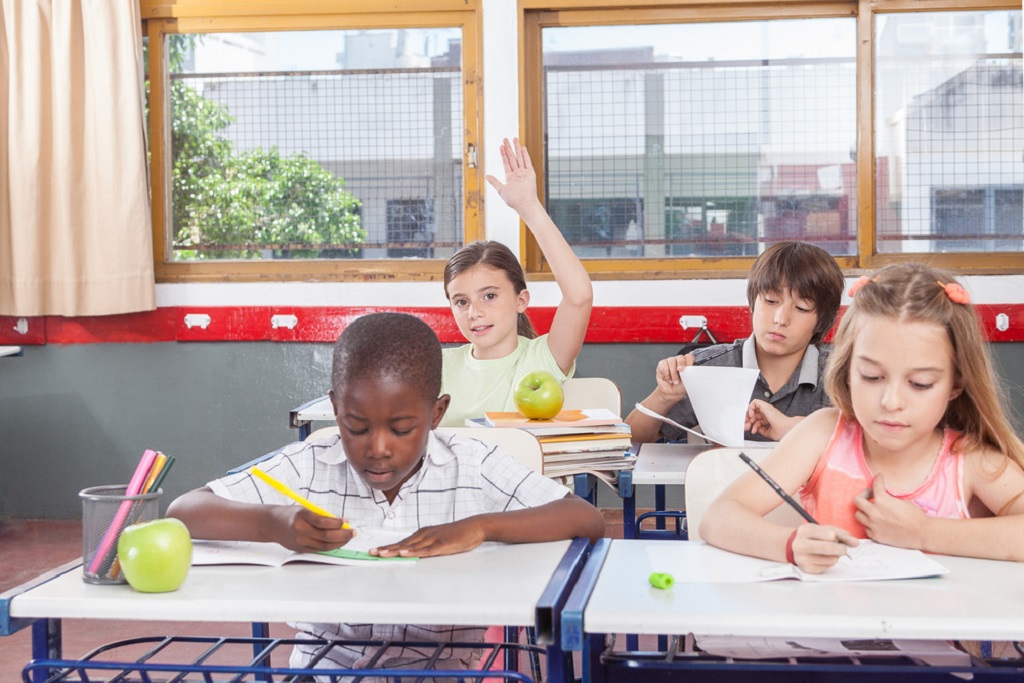When it comes to raising children, most parents want to instill etiquette. But, sadly, most children act on impulse. The best way to teach kids how to behave in public is to model good habits. Unfortunately, bad habits are difficult to unlearn, so the most effective way to teach etiquette is through consistent example and consistency. Let’s face it, most kids don’t follow the rules at home. That’s where an etiquette class comes in.
Basic Etiquette
In addition to adults, children and teens can learn basic etiquette through a series of etiquette classes for kids Houston, TX. These classes teach the proper way to greet others, set the table, and greet family and friends. The lessons are intended for adults and children and are written in a simple and general language that makes them easy to understand. As a result, children and teens can learn the basics of etiquette and use them to improve their lives today and in the future.
The first part of etiquette classes for children is a basic understanding of respect. Children must treat adults with respect and not interrupt conversations. They should wait for a pause in the conversation before speaking and then say, “excuse me.” The use of respectful words and expressions varies by region and culture, but children should remember to call elders “ma’am” or “sir.”
Turn-Taking
While etiquette classes can be difficult, turning the conversation around can help students become more comfortable and successful in social situations. One way to encourage turn-taking is to use hand gestures when talking to students. Turn-taking is a crucial social skill for all age groups. It’s important to note that you don’t need to resort to formal classroom etiquette to help your child learn this skill.
The basic structure of turn-taking is simple, but the details vary widely by community and culture. As a general rule, turn-taking involves two people taking turns talking at the same time. It allows for productive conversation and active listening. Turn-taking is structured by three components: the main content of a turn, the turn-allocation component, and the transition-relevant point.
Greeting Others
Greeting others is an essential part of good manners. Failure to do so can cause hurt feelings, indicating that you don’t recognize the person. Failing to greet a stranger can also strike at the heart of social interaction. Most of us are guilty of skipping a simple “good morning” at the start of the day. We also often skip saying, “dinner is ready.” If we’re welcoming someone home, however, we say something like, “Do you have homework?” or “Did you see that the dog did it again?” Rather than ignoring someone, we should take a moment to acknowledge their presence. Not only does this make life easier for everyone, but it also sets a good example for kids.
You should teach them how to greet people if you’re worried that a child might get nervous about addressing a stranger. Greeting others politely and correctly can set a child up for lifelong learning and success. However, it won’t happen overnight, especially since toddlers have short attention spans. So, instead of lecturing your child about the correct manners, use praise and incentives to encourage them to greet others properly.
Social Conversations
If you’re looking to teach your children proper etiquette, consider taking a class that teaches social skills and table manners. These classes emphasize the importance of being courteous and polite. Students learn to make a good first impression, use appropriate body language, and dress appropriately. They also learn how to start and carry on a conversation with new acquaintances. An etiquette class also teaches students how to use e-mail and phones properly.
There are many etiquette classes designed for young children. These classes can be virtual or in-person. These classes aim to teach students proper etiquette so they can succeed in life, school, and the workplace. In addition, students will learn social skills through role-playing exercises, which reinforce the concepts. Children will also learn how to respect others and build their self-confidence.
Complex Situations
An etiquette class is an excellent way to teach children proper behavior in different situations. In addition, it can help young people develop important social skills such as courtesy and empathy. Aside from the etiquette lessons, these classes also cover other beneficial topics for young people. Students are taught how to write a handwritten note to thank a friend. They are also taught how to respond to the etiquette rules of business cards.




